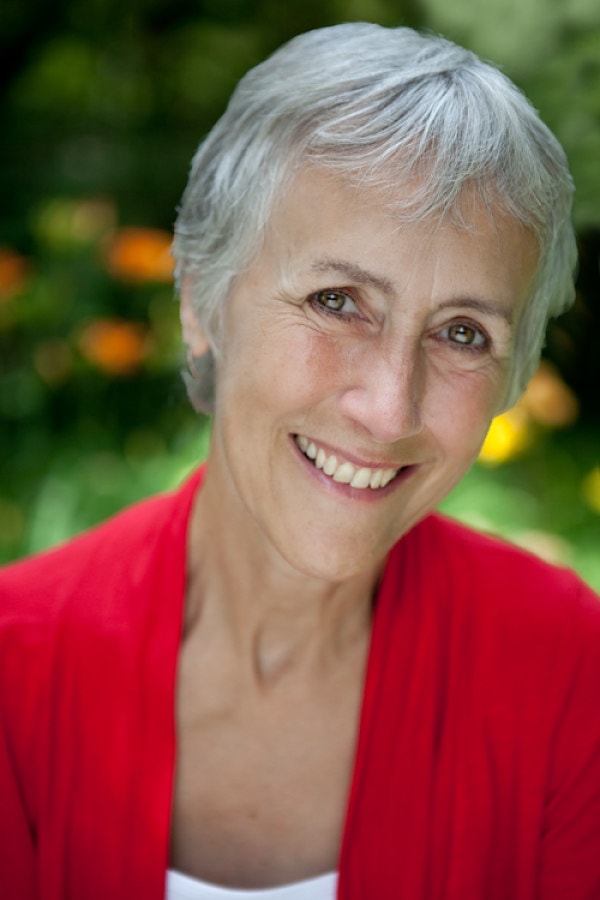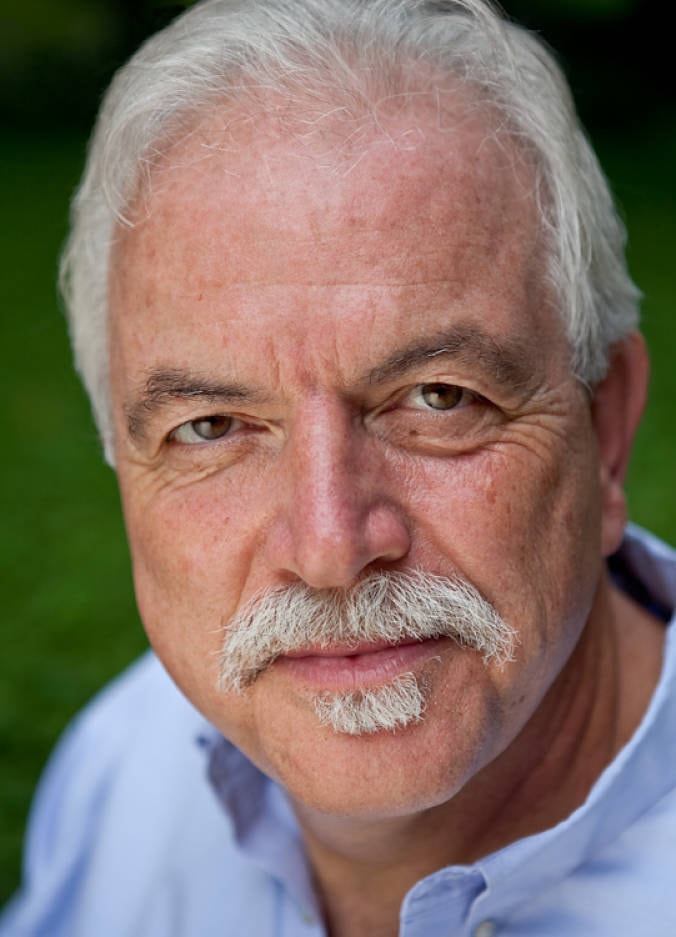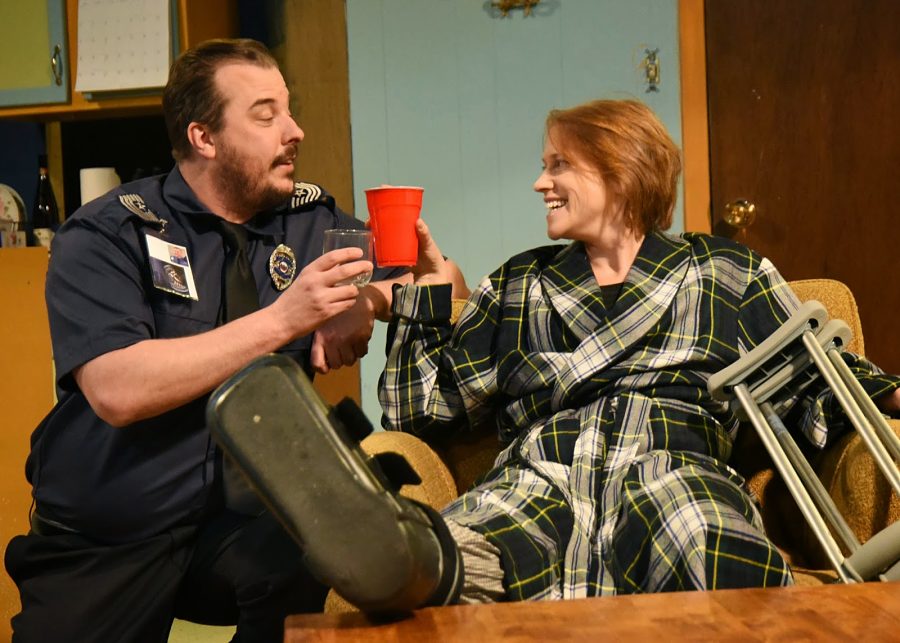IOWA CITY, IOWA: With a current population just over 70,000, Iowa City is tucked in the southeast quadrant of the Hawkeye state, roughly 27 miles from Cedar Rapids. Once the state’s capital, an honor it surrendered to Des Moines in 1857, it is now mainly known as the college town of the University of Iowa. Indeed, education is a hallmark of the town; it’s tied with Stamford, Conn., as the U.S. metropolitan area with the highest percentage of adults with bachelor’s degrees or higher.
That might be why it’s the home of one of the state’s two Equity houses, the Riverside Theatre (the other is Old Creamery Theatre in Amana), where the motto is “big drama in a small space.” Housed in a modest brick building between the Haunted Bookshop and the Bluebird Diner, the theatre programs an eclectic season of plays from September through April in its 118-seat black box. We spoke via email with artistic director Jody Hovland and resident artist Ron Clark about the theatre’s beginnings, and its place on both the local and national theatre scenes.

Who founded Riverside Theatre, when, and why?
We founded the theatre in 1981—we’re both actors—with Bruce Wheaton, a director and playwright. The impetus was simple: We wanted to live in Iowa City and also have careers in the theatre, and there was no place for us to work professionally.
What sets your theatre apart from others in your region?
Riverside Theatre is the only Equity-affiliated theatre in Iowa City, and one of only two in the state. We specialize in intimate staging of both classics and new works.
Who is your audience?
Our audience is extremely bright,

engaged and well-educated. Many patrons travel to see theatre in other parts of the world and bring back ideas for plays they would like to see on our stage. They demand excellence, and are as excited by new work as they are by more well-known titles.
Tell us about your favorite theatre institution other than your own, and why you admire it.
We admire the work at Unicorn Theatre in Kansas City, one of the core members of the National New Play Network, all of whom champion new work. Under the artistic leadership of Cynthia Levin, Unicorn’s programming is gutsy and diverse. In another “favorites” category, we still miss Theatre de la Jeune Lune in Minneapolis.
How do you pick the plays you put on your stage?
We read, read, read! As core members of the National New Play Network ourselves, we are lucky to have exciting new work in front of us all the time, and we take very seriously our commitment to producing new plays. But we also like to mix it up, creating an eclectic, rangy season, so we pay close attention to what other theatres are producing and what our artists and patrons are talking about.
What’s your annual budget, and how many artists do you employ each season
The annual budget is just over $500,000; we typically hire 80-100 artists each season.

What show are you working on now? Anything else in your season that you’re especially looking forward to?
We’re currently producing Lucky Me, a new play by Robert Caisley, an NNPN rolling world premiere. Next up is another first, a new solo show by playwright/performer Megan Gogerty, Housebroken. Then we’re taking a classical turn with a summer production of Cyrano, adapted by Jo Roets.
Strangest or funniest thing you’ve ever seen (or put) on your stage?
One of the most theatrically daring plays we’ve produced was Harry’s Way by Keith Huff in 1997. Under Mark Hunter’s direction, the production was a human Punch and Judy show about domestic violence—shocking and funny and provocative. It was controversial before it even opened. Years later, in 2012, we produced Keith’s Broadway and regional hit A Steady Rain.
What are you doing when you’re not doing theatre?
Wait, there’s more to life than making theatre?
What does theatre—not just your theatre, but the American or world theatre—look like in, say, 20 years?
People have become so exhausted by technology and are so hungry for a truly personal connection to others that they are lining up for blocks to get into live theatre all around the world. A world where once again a story told onstage by even a single actor is the most compelling interaction imaginable.


